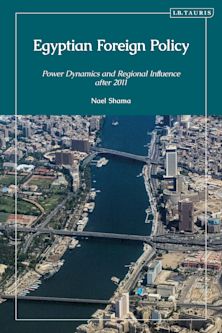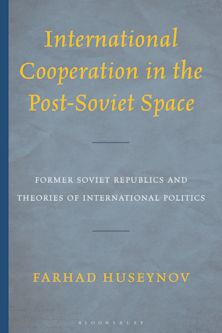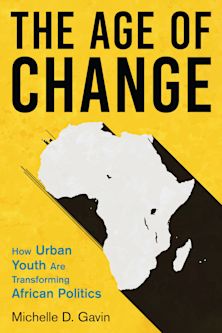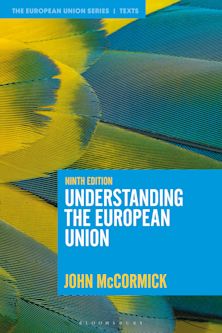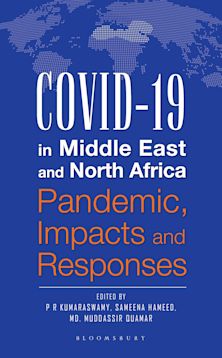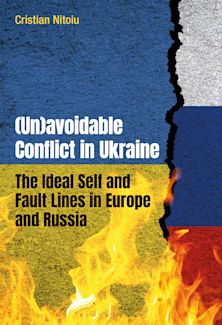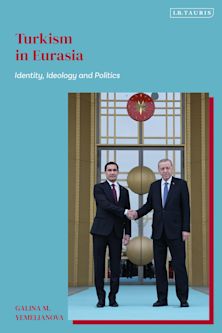Globalizing Eastern Europe
Politics, Culture and Economics from the 18th to the 21st Century
Globalizing Eastern Europe
Politics, Culture and Economics from the 18th to the 21st Century
Description
For far too long, views of Eastern Europe as a negligible and peripheral region have shaped popular perceptions of this part of the world. Presenting new research, Globalizing Eastern Europe: Politics, Culture and Economics from the 18th to the 21st Century offers refreshing arguments to counter such misconceptions. Global politics and international law have been profoundly shaped by the experiences and expertise that emanated from this region. Migration to and from Eastern Europe, has fostered deep ties with neighbouring and distant societies, as have this area's literature and music. The importance of its agricultural development has reverberated in the global economy. This volume recasts Eastern Europe as a global region. It shows how people from this part of the world shaped the 'global', and how in turn, the 'global' shaped them. Authors from a range of disciplines, chart century-long traditions of entanglements and contemporary interactions. In doing so, this book further enriches the perennial debates regarding this region's spatial boundaries.
Table of Contents
Acknowledgements
Introduction Ben-Nun, Castryck-Naumann, Dallywater
Ch. 1 Longue Durée Connectivity: Islam in Eastern Europe from the 11th to the 21st century Zaur Gasimov
Ch. 2: Recent Dynamics: Natural Resources, Environmental Policies, and Climate Change Benjamin Beuerle
Part I: International Political and Legal Spheres
Editor's Cohesion Notes: Actors of Global Change
Ch. 3: Shaping the International Sphere: Eastern Europe's Involvement in International Organisations Katja Castryck-Naumann
Ch. 4: Beyond 'Western' Standards: Global Imprints on Domestic Law Azar Aliyev
Ch. 5: Socialist Childhoods: Internationalising Education and Children's Rights Elizabeth White
Ch. 6: Eastern Europe's Impacts on Modern International Law Gilad Ben-Nun
Part II: Impacts on Cultures and Societies
Editor's Cohesion Notes: Encounters between Worlds – Mobility and Transfer
Ch. 7: Literature and Film: Aesthetics of a Region Mónika Dánél / Stephan Krause
Ch. 8: Migration and Migratory Impacts: Coping Strategies on a Global Scale Michael G. Esch
Ch. 9: Transnational and Global Aspects of Eastern European Music History Stefan Keym
Part III: Forays into Global Economic Processes
Editor's Cohesion Notes: Moments of Global Change
Ch. 10: Positioning Strategies in the Global Commodity Market since 1850 Uwe Müller
Ch. 11: Into 'History's Dustbin'? Visions of Economic Development (1917–1989) Max Trecker
Ch. 12: Regional Development and Core-Periphery Divides Thilo Lang
Ch. 13: Eastern Europe and China Lela Rekhviashvili
Editors and Authors
Abbreviations
Index
Product details

| Published | 21 Aug 2025 |
|---|---|
| Format | Ebook (Epub & Mobi) |
| Edition | 1st |
| Extent | 368 |
| ISBN | 9781350264328 |
| Imprint | Bloomsbury Academic |
| Illustrations | 40 colour images |
| Publisher | Bloomsbury Publishing |
Reviews

ONLINE RESOURCES
Bloomsbury Collections
This book is available on Bloomsbury Collections where your library has access.

















